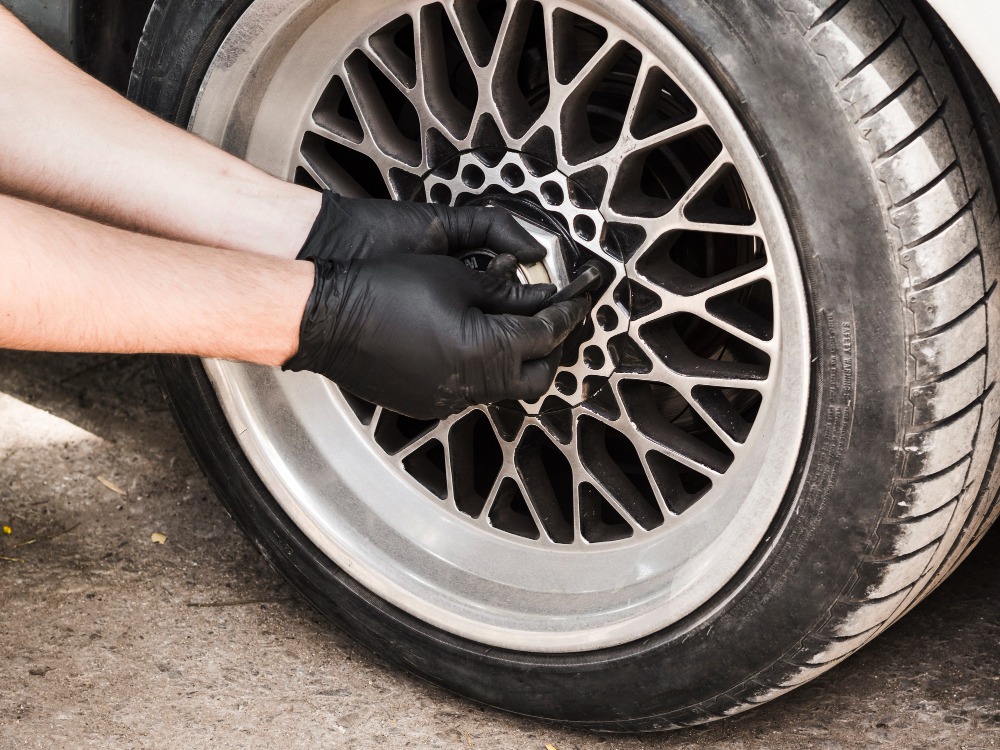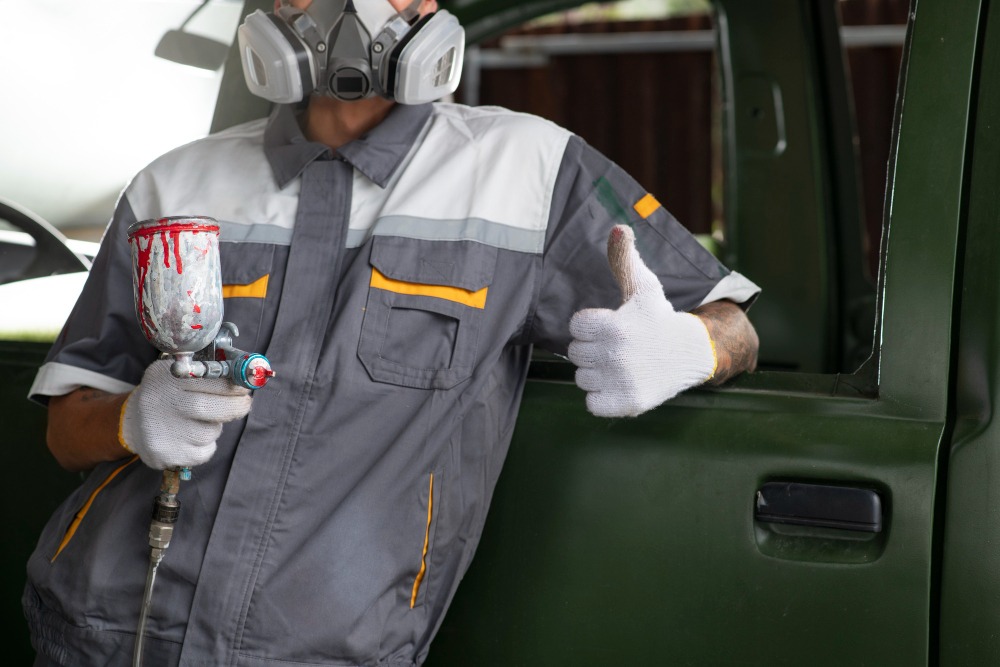Owning a vehicle is a significant investment, and proper maintenance is essential to ensure its longevity and safety. Regular care not only keeps your car running efficiently but also helps you avoid costly repairs in the future. In this comprehensive guide, we will explore the best practices for maintaining your vehicle, covering everything from routine checks to long-term care strategies.
Understanding the Importance of Routine Maintenance
Routine maintenance is the cornerstone of vehicle longevity and performance. Neglecting this aspect can lead to severe wear and tear, reduced efficiency, and safety risks. Regularly scheduled maintenance tasks, such as oil changes, tire rotations, and brake inspections, keep your car in optimal condition.
For instance, oil changes are crucial as they ensure the engine’s components are well-lubricated, reducing friction and preventing overheating. Similarly, tire rotations help distribute wear evenly across all tires, prolonging their lifespan and improving fuel efficiency. By adhering to your vehicle manufacturer’s recommended maintenance schedule, you can avoid unexpected breakdowns and maintain a smoother driving experience.
Inspecting and Replacing Essential Fluids
Your car relies on various fluids to function effectively, including engine oil, coolant, brake fluid, and transmission fluid. Regularly inspecting these fluids and topping them up as needed is vital for your vehicle’s health.
Engine oil, for example, should be checked at least once a month. Look for signs of contamination or low levels, as these could indicate underlying issues. Coolant prevents the engine from overheating, while brake fluid ensures the braking system operates smoothly. Neglecting these fluids can lead to severe damage, compromising both performance and safety.
Transmission fluid, often overlooked, is equally important. It keeps the transmission system running smoothly and prevents overheating. Make it a habit to review your owner’s manual for guidelines on fluid maintenance and replacement intervals to keep your vehicle in peak condition.
Checking Tires for Safety and Efficiency

Tires are the only part of your car that directly interacts with the road, making their maintenance critical for safety and performance. Regularly check tire pressure, tread depth, and alignment to ensure optimal handling and fuel efficiency.
Underinflated or overinflated tires can cause uneven wear and reduce fuel economy. Use a reliable tire pressure gauge to measure and adjust pressure according to the manufacturer’s recommendations. Additionally, inspect tread depth using a penny or a tread depth gauge to ensure sufficient traction, especially in wet or slippery conditions. Lastly, schedule wheel alignment checks to prevent uneven tire wear and improve overall handling.
The Role of Brakes in Vehicle Safety
Your braking system is a vital component that directly impacts your safety on the road. Regular brake inspections can prevent accidents and ensure your car stops effectively in emergencies.
Pay attention to warning signs like squealing or grinding noises, which may indicate worn-out brake pads or other issues. Brake fluid levels should also be checked regularly, as low levels can affect braking performance. If you notice any vibrations or reduced braking efficiency, have a professional inspect your braking system immediately to address potential problems before they escalate.
Keeping Your Engine in Top Shape
The engine is the heart of your vehicle, and its maintenance is crucial for longevity and efficiency. Regular engine tune-ups, including spark plug replacements and air filter cleaning, ensure optimal performance.
Air filters play a significant role in maintaining engine health by preventing debris and dirt from entering the system. Over time, clogged air filters can reduce fuel efficiency and performance. Spark plugs, on the other hand, ignite the fuel-air mixture in the engine. Worn-out spark plugs can lead to misfires and decreased power. Replacing these components at recommended intervals will keep your engine running smoothly.
Maintaining Your Vehicle’s Exterior and Interior

Caring for your vehicle’s appearance goes beyond aesthetics; it also protects it from environmental damage. Regular washing and waxing can prevent rust and corrosion caused by dirt, salt, and moisture. Pay special attention to the undercarriage, as it is more susceptible to rust.
On the interior, keeping your car clean and organized enhances your driving experience and preserves the vehicle’s value. Use quality cleaning products for seats, dashboards, and carpets. Regular vacuuming and using protective mats can help maintain a fresh and tidy interior.
Monitoring Battery Health
A well-maintained battery ensures your car starts reliably and powers essential electrical systems. Inspect your battery terminals for corrosion and clean them as needed. Check the battery’s charge using a multimeter and replace it if it shows signs of weakening.
Extreme temperatures can affect battery performance, so ensure it is securely mounted and insulated in harsh weather conditions. Regular inspections and timely replacements will prevent unexpected breakdowns and keep your vehicle running smoothly.
Adopting Eco-Friendly Driving Habits
Your driving habits significantly impact your vehicle’s longevity and efficiency. Avoid aggressive driving, such as rapid acceleration and hard braking, as it increases wear and tear on various components.
Maintain a steady speed and use cruise control on highways to reduce fuel consumption. Additionally, minimize idle to conserve fuel and reduce emissions. By adopting these eco-friendly habits, you not only save money but also contribute to a healthier environment.
Maintaining your vehicle is an ongoing commitment that pays off in the long run. By following the tips outlined in this guide, you can extend your car’s lifespan, enhance its performance, and ensure safety on the road. Regular inspections, timely repairs, and mindful driving habits are the keys to a reliable and efficient vehicle. Remember, a well-maintained car not only saves you money but also provides peace of mind every time you hit the road.

